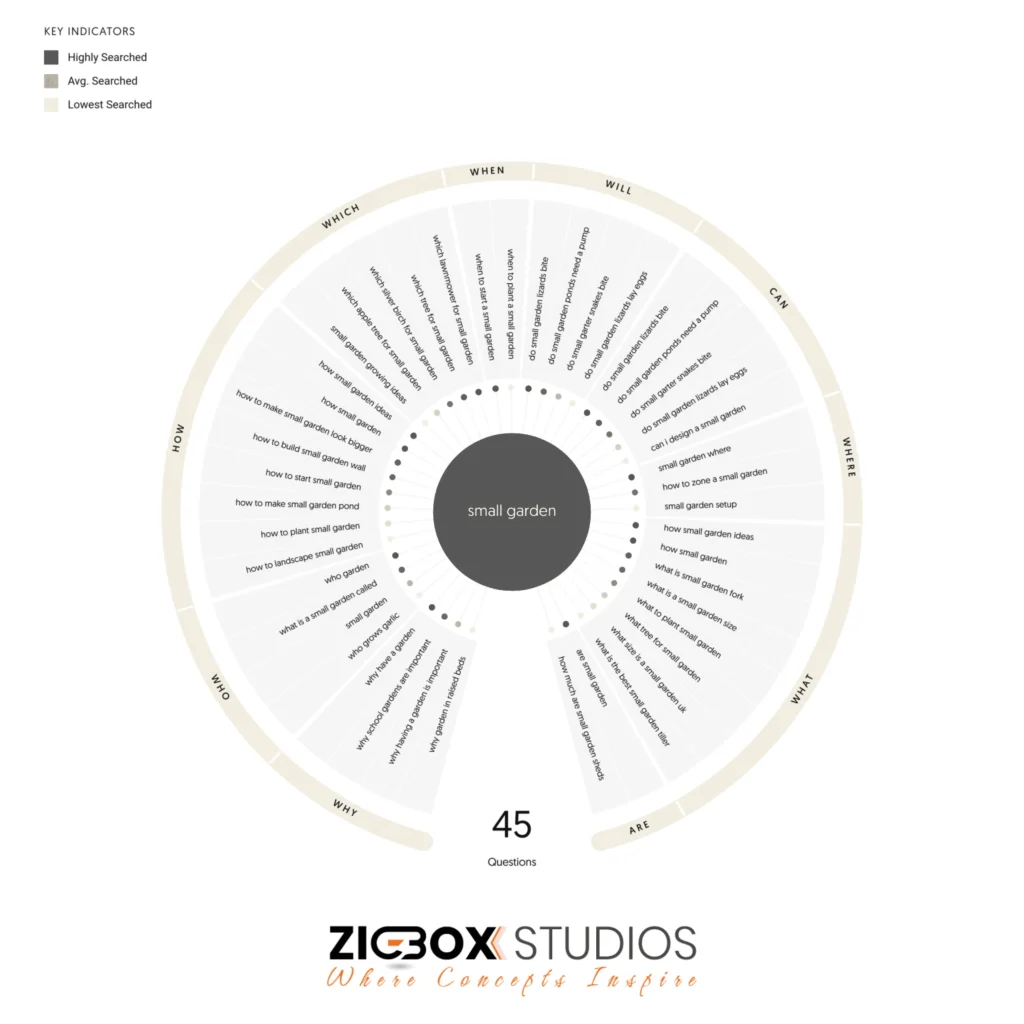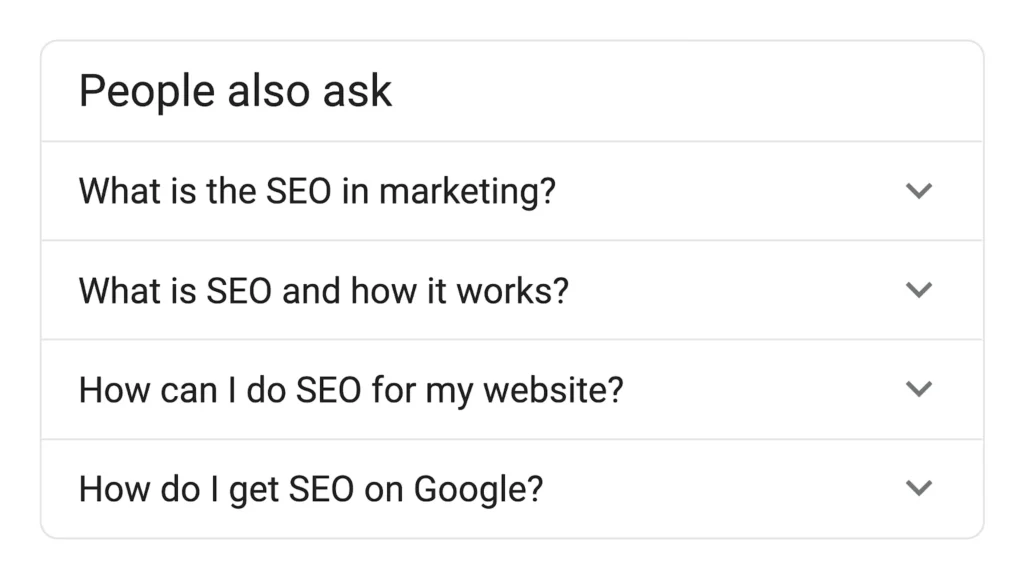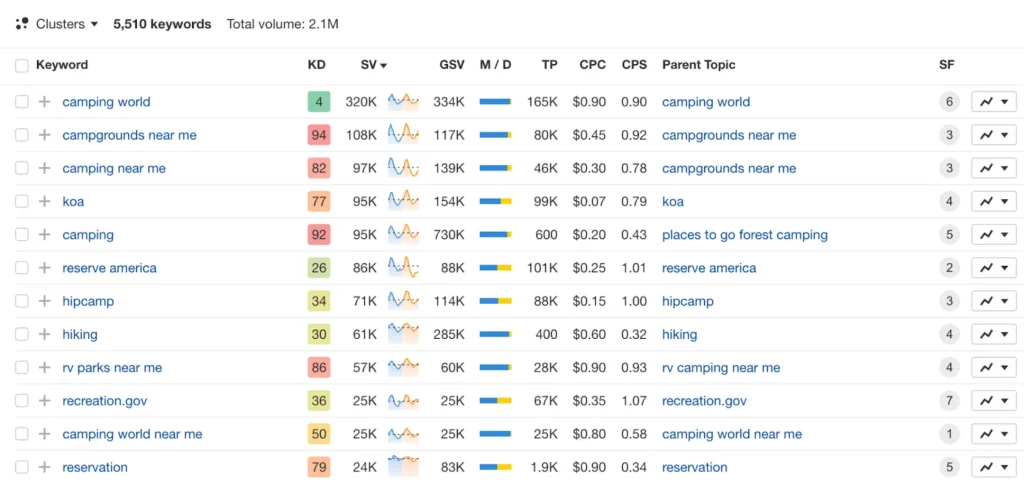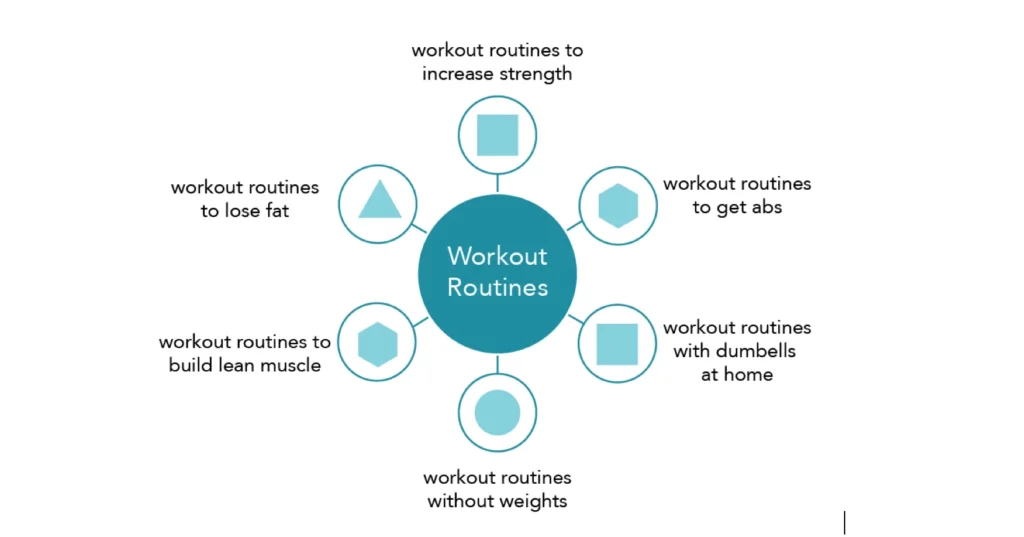In today’s fast-evolving digital landscape, traditional search engine optimization (SEO) is being redefined. With the rise of AI-driven search tools and conversational interfaces, businesses are shifting focus toward answer engine optimization (AEO).
Unlike classic SEO, which primarily targets ranking in search results, AEO ensures your content is structured and tailored to deliver direct, precise, and contextually relevant answers.
This shift makes finding the right ‘answer’ keywords more important than ever. In contrast to traditional keywords, answer keywords are phrases people use when asking specific questions that require clear, authoritative responses. Identifying and optimizing for these keywords is key to dominating in the age of AI-powered search.
In this article, we’ll explore tools, techniques, and best practices for AEO in the AI industry, and show you how to integrate them into your content strategy.
What Are Answer Keywords in Answer Engine Optimization?
Answer keywords are query-based phrases that align with how people interact with search engines and AI assistants. These are usually long-tail or natural language queries, such as:
- “What is answer engine optimization?”
- “How does AEO differ from SEO?”
- “Best practices for answer engine optimization in AI industry.”
Unlike short, generic keywords, answer keywords reflect real user intent. They’re designed to match how people ask questions to tools like ChatGPT, Google’s AI Overviews, or voice assistants.
By identifying the right answer keywords, businesses can enhance their answer engine optimization (AEO) strategy, ensuring their content gets picked up by AI-driven search tools and featured as authoritative answers.

Why Are Answer Keywords Important in Answer Engine Optimization?
- AI-Powered Search Shift
Search engines and AI assistants are moving from “results” to “answers.” Users no longer want a list of links; they expect a single, reliable answer. Optimizing for answer keywords makes your content more likely to be surfaced. - Higher Visibility in Voice Search
Voice assistants thrive on Q&A. Content structured with answer keywords is more likely to be read aloud in response to user queries. - Improved Engagement & Conversions
Answer-focused content solves problems faster, building trust and increasing the chance of user action. - Competitive Advantage
While many brands still focus only on traditional SEO, those who adopt answer engine optimization AEO gain a first-mover advantage.
Tools to Find the Right Answer Keywords for Answer Engine Optimization
Finding answer keywords requires more than just guessing user intent. Here are some proven tools to guide your answer engine optimization (AEO) strategy:
1. Google’s “People Also Ask”
One of the simplest ways to discover answer keywords is by analyzing the “People Also Ask” (PAA) section in Google search. These questions reflect real user queries and can guide you in creating content that directly answers them.

2. AnswerThePublic
This tool visualizes search questions and phrases based on a root keyword. It’s excellent for identifying natural, question-based queries like “how,” “what,” and “why” questions.
3. SEMrush Keyword Magic Tool
SEMrush allows filtering keywords into question form, which is essential for answer engine optimization AEO. It provides search volume, keyword difficulty, and variations.
4. AlsoAsked.com
This tool helps map out the branching nature of questions users ask. Perfect for structuring FAQ-style content that captures multiple answer opportunities.
5. Ahrefs Keyword Explorer
Ahrefs provides deep insights into long-tail queries, especially when filtered to “questions.” This is a goldmine for answer keywords in competitive industries.

Techniques for Using Answer Keywords Effectively
1. Structure Content with Q&A Format
A simple but powerful approach is to structure your content around clear questions and concise answers. This format is favored by AI-driven engines and voice assistants.
2. Use Conversational Language
Since many answer keywords mimic natural human speech, your content should reflect the same tone. Instead of rigid keywords, use conversational phrasing.
3. Optimize for Featured Snippets
Answer keywords often trigger featured snippets in Google. By providing short, direct answers within your content, you increase your chances of capturing this prime visibility.
4. Leverage Schema Markup
Adding structured data through the FAQ schema or the Q&A schema helps AI systems understand and surface your answers more effectively.

5. Blend Short & Long Answers
Provide a concise answer in 40–60 words, followed by a detailed explanation. This satisfies both AI engines and users who want more depth.
Best Practices for Answer Engine Optimization in the AI Industry
As AI reshapes how users interact with search engines, industries must adapt their strategies. Here are best practices for answer engine optimization in AI industry:
- Prioritize Intent Over Keywords
AI tools evaluate intent, not just keyword matching. Focus on solving user problems with clarity and authority. - Build Topic Clusters
Organize content into clusters around core themes. For example, a pillar page on “Answer Engine Optimization” supported by subpages covering tools, techniques, and case studies. - Continuously Monitor AI Trends
AI search tools evolve rapidly. Monitor emerging trends, question formats, and shifts in how users query AI assistants. - Invest in Voice Search Readiness
Since voice queries are longer and conversational, tailoring your strategy toward natural-language answer keywords is crucial.

By following these best practices for AEO in AI industry, businesses can future-proof their content strategies and dominate AI-driven search results.
How to turn Keywords into Content in Answer Engine Optimization
Let’s take an example with the root keyword “answer engine optimization.”
- Question Keyword: “What is AEO?”
Answer: AEO or answer engine optimization ( is the process of optimizing content so AI-driven search engines and assistants can extract direct, relevant answers for users. - Question Keyword: “What are the benefits of answer engine optimization AEO?”
Answer: AEO improves visibility in AI search tools, enhances user trust, and ensures your content is the go-to response in voice and chat-driven platforms. - Question Keyword: “What are the best practices for answer engine optimization in AI industry?”
Answer: The best practices include prioritizing user intent, structuring content for Q&A, leveraging schema markup, and creating conversational, authoritative responses.
This approach not only satisfies AI-driven engines but also improves user experience and engagement.
Future of Answer Keywords
As AI continues to advance, the importance of answer keywords will grow. Traditional SEO services may never vanish, but answer engine optimization is fast becoming the new frontier. Businesses that embrace this shift early will dominate in visibility, authority, and conversions.
In the near future, content strategies will rely less on keyword stuffing and more on conversational relevance. The ability to predict user questions and provide the best possible answers will determine which brands rise above the noise.
FAQs
1. What is answer AEO?
AEO focuses on identifying the specific questions users ask and providing precise, structured answers to improve visibility in search results and meet user intent.
2. How do I find the best answer keywords for AEO?
You can find answer keywords by analyzing related questions using tools like People Also Ask, keyword research platforms, and by grouping search queries around a central topic or theme.
3. Why is grouping questions important for answer engine optimization?
Grouping related questions helps organize content around user intent, making it easier for search engines to surface your answers and improving your chances of ranking for multiple queries.
4. How does schema markup support answer engine optimization?
Schema markup helps search engines understand the context of your content, enabling rich snippets and better presentation in search results, which boosts your answer’s visibility and click-through rates.





 in India.
in India.